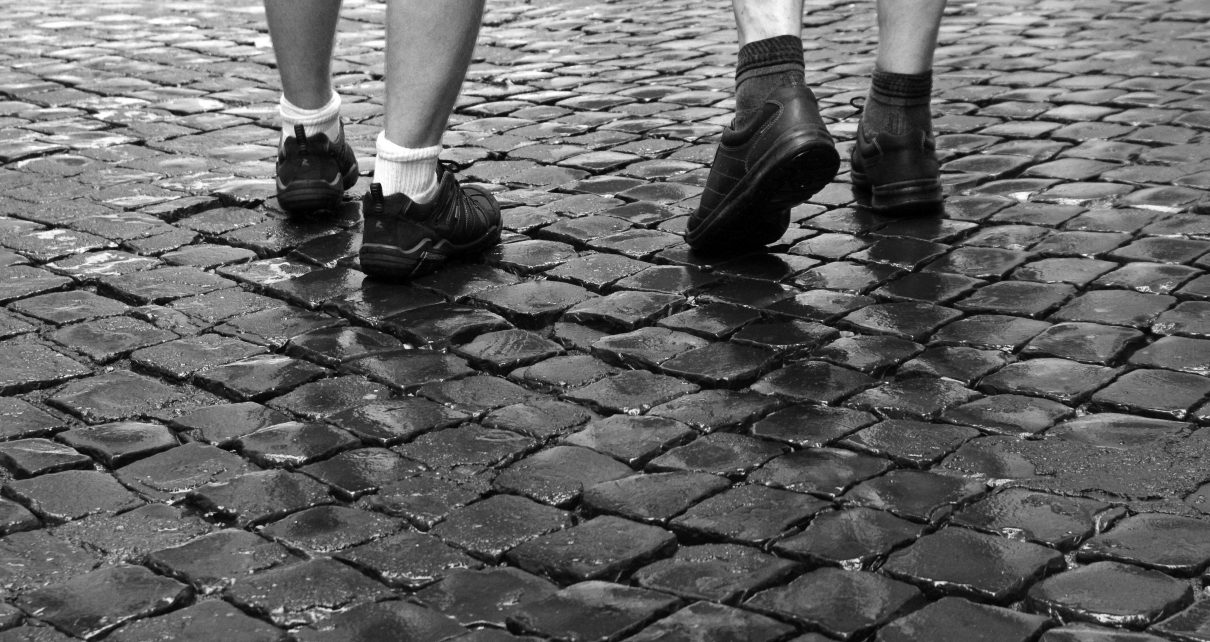Studying abroad presents many unique opportunities for reflection and growth. Study Abroad Director Stefano Parenti has rebuilt his philosophy based on the book “A Philosophy of Walking,” by Frederic Gros, which discusses how important it is to slow down, appreciate the small things and rediscover what it means to be human.
“You’re doing nothing when you walk, nothing but walking,” writes Gros. “But having nothing to do but walk makes it possible to recover the pure sensation of being, to rediscover the simple joy of existing, the joy that permeates the whole of childhood.”
Parenti shares that this theory directly relates to the study abroad experience. He believes that there is value in taking the time to acknowledge the city that you are living in and to appreciate its differences and subtleties.
Originally from Rome, Parenti knows first-hand how much more you see of a city when you walk, as well as how much more appreciative it enables people (whether they are citizens or tourists) to be.
“This book inspired me a lot and for many reasons, but in particular because it represents a kind of alternative path way for preserving the freedom of our mind, independent thoughts and pure soul.”
Parenti shared that oftentimes, students struggle with the “go, go, go” mentality that they develop during their university experiences in America. Elle Tibbitts (’18), studied abroad in Rome, Parenti’s city, during the second semester of sophomore year. When hearing the philosophy of walking, she confirmed that it applied to all of her travels and shared her own experiences with walking around the city.
“I found Italy walking through the streets of Rome,” said Tibbitts. “[By walking], I discovered the best cookies I ever tasted and incredible homemade pasta, I even stumbled on the Vatican! I stepped outside of my comfort zone walking without a map or a destination, and I found unimaginable adventures.”
Stefano also adds that he believes that there are other benefits to slowing down and to being more present, and that going slow is not necessarily a negative. “To slow down does not mean to become lazy, but it’s the “condition sine qua non” to reclaim our time/freedom, in order to be able… to realize that we are part of a changing world that needs much more understanding from us, for becoming much more inclusive and peaceful.”
“To marvel at the beauty of the day, the brightness of the sun, the grandeur of the trees, the blue of the sky: to do that takes no experience.” — Frederic Gros




